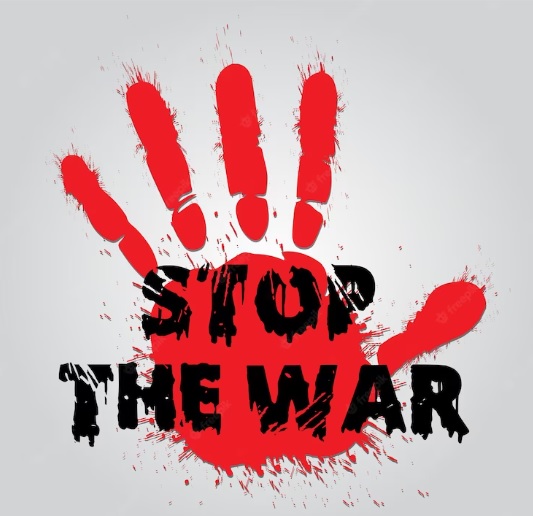
The Siege of War
By Youssef Siraj
Important milestones were reached last week in pushing forward recommendations that could put an end to the ongoing war in Sudan. Despite the differing and diverse platforms in Jeddah and Cairo, the outcomes of the meetings and conferences held there seem crucial in dissecting the current Sudanese crisis and bringing it back to the political arena and negotiation tables to reach sustainable solutions that end the escalating conflict.
Despite speculations of negotiating positions being distant between the two Sudanese conflict parties (the Army and Rapid Support Forces) in Jeddah, evidence confirms their commitment to negotiation as the foundation for a resolution. The Jeddah platform holds particular significance due to the influence of Saudi Arabia and the United States as mediators and their impact on the international and regional levels. This serves as a robust guarantee for executing any agreed-upon deal, as the mediators possess leverage capable of moving things forward and bridging the gaps between declared ceilings and preconditions for both parties, as well as reality on the ground.
Demands for the withdrawal of Rapid Support Forces troops from civilian areas, vital facilities, and the evacuation of citizens residences will not be difficult or unattainable if a ceasefire agreement is reached. Conversely, resistance may lie in military positions and the control or siege that the Rapid Support Forces have over military headquarters and barracks, which might pose the biggest challenges for mediators and facilitators. Perhaps the most significant statement in this regard was made by the Rapid Support Forces commander in a recent circulating recording, suggesting that the solution lies in ending the war within 73 hours if there is a change in army leadership.
Simultaneously, Cairo witnessed meetings of the Forces for Freedom and Change alliance, signatories of the framework political agreement before the outbreak of the war. Notably, this time their most significant meeting took place in the Egyptian capital, which had previously hosted meetings of the Democratic Bloc opposing the framework agreement. However, it seems many developments have occurred since then to move the stagnation between Cairos official position and the Central Council of the Forces for Freedom and Change.
The concluding statement of the Forces for Freedom and Change meeting presented a vision to end the war and establish a new Sudanese state. The package of agendas included humanitarian issues, civilian protection, and condemnation of human rights violations, such as looting and occupation of homes by the Rapid Support Forces, as well as crimes of aerial bombardment and protection of activities of remnants of the old regime by the armed forces.
The issue of unity among democratic civilian forces opposing the war is one of the most important outcomes of the meeting if efforts are coordinated and unified to agree on a political vision and joint action formulas.
The endorsement of four political blocs that had previously refused to sign the framework agreement in December lends momentum to the political process, despite certain conditions here and there.
External stakeholders have put the Sudanese crisis parties under scrutiny, narrowing the room for maneuver for those who exploit the dire war situation for political agendas under various pretexts.
The critical question remains, to what extent do all parties possess the necessary will to put an end to the ongoing armed conflict and contain its dangerous implications for the present and future of Sudan.

